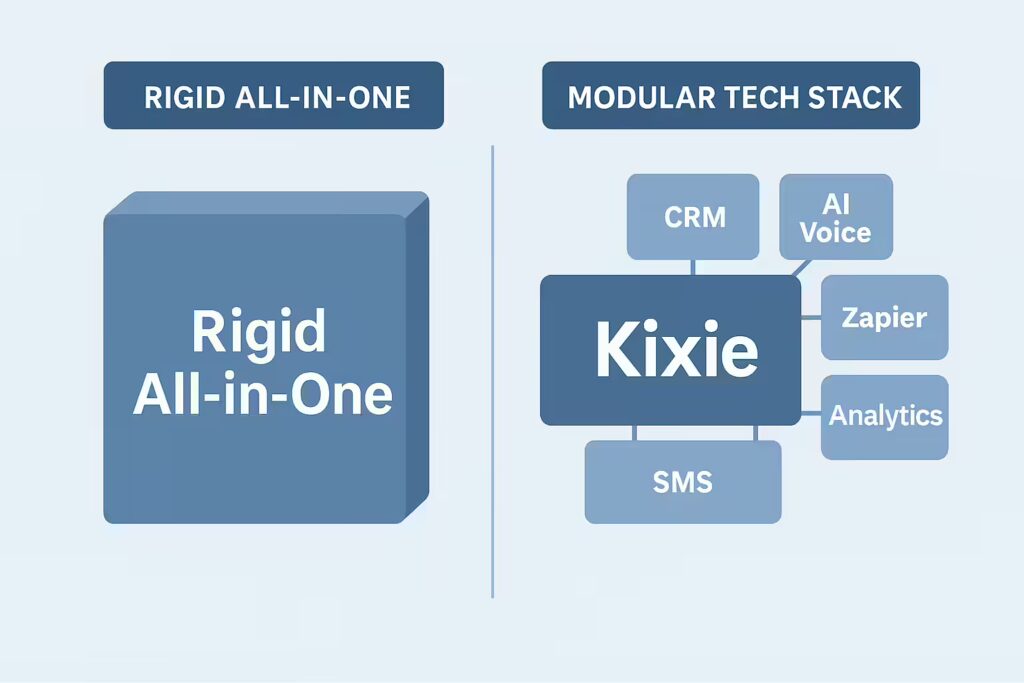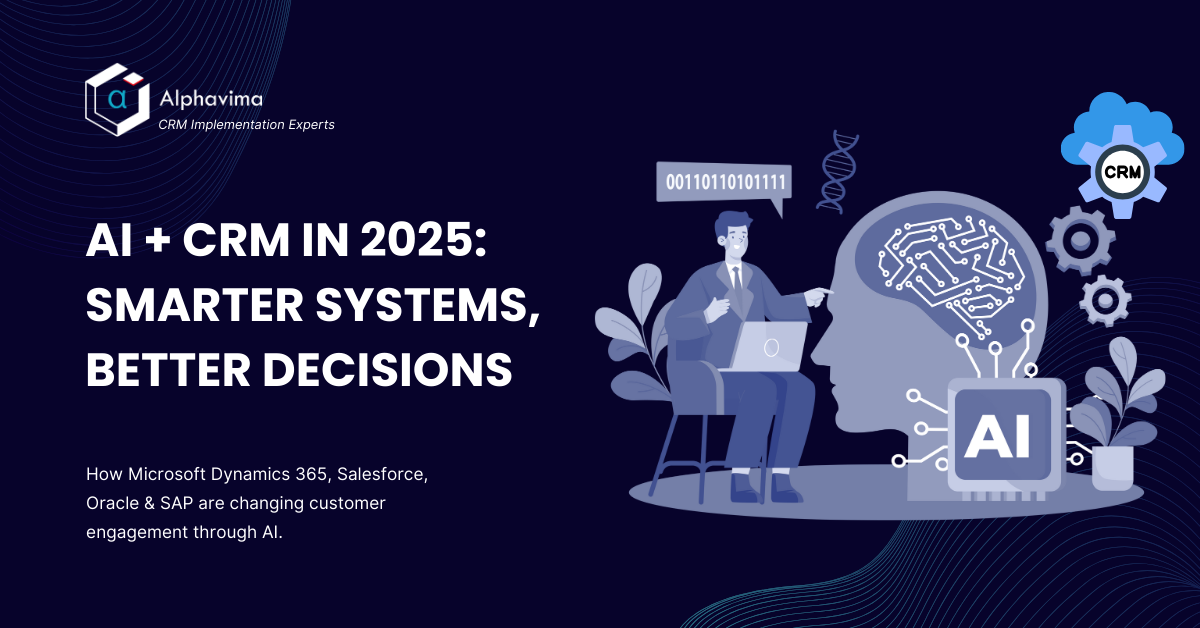Relationship Intelligence
Images
(2025-07-22T19:33.672Z)
Perplexity Query
(2025-07-22T19:33
.672Z)
Question:
4degrees calls its kind of CRM "Relationship Intelligence"
There are other CRMs like Affinity and Attio that have managed to get considerable traction, despite there being many incumbent CRM systems.
How can "AI-Native" variants of a CRM create new kinds of insights, features, and capabilities?
Other than 4degrees and Affinity, what other providers out there make similar claims? What's their differentiation?
Please reference provider websites and blogs, as well as the tech media, and community developed knowledge like Reddit and Quora
Model:
sonar-pro
Response from sonar-pro:
AI-native CRM platforms are differentiating themselves from traditional solutions by embedding artificial intelligence into the core of their products. This integration results in new kinds of insights, features, and capabilities that surpass conventional manual-data-entry and reporting tools.
Capabilities of AI-Native CRM Platforms
- Automated lead scoring: AI continuously analyzes behavioral data and communications to surface your highest-potential leads without manual review[3].
- Predictive analytics: The system forecasts deal closure probabilities, churn risk, and next best actions—helping sales teams focus their efforts for maximum impact[1][2][3].
- Relationship intelligence: These platforms automatically map connections, identify warm introductions, and surface shared networks (the specialty of 4Degrees and Affinity).
- Workflow and task automation: AI eliminates repetitive tasks—such as meeting summarization, CRM record updates, activity logging, follow-up message drafting, and more—dramatically reducing sales admin work[1][2][3].
- Generative content: CRMs now generate personalized emails, call summaries, customer responses, and even custom marketing materials on the fly, minimizing the burden on staff and improving personalization[1][2][3].
- Sentiment and intent analysis: AI interprets the tone, mood, and urgency of email threads and conversations to flag at-risk or high-opportunity clients[2].
- 24/7 conversational support: AI chatbots and agents resolve customer queries automatically, freeing human teams to focus on complex or high-value interactions[3][4].
These features help eliminate "digital graveyards" of stale contacts and create a living, always up-to-date map of your firm's most valuable relationships, akin to what 4Degrees calls "Relationship Intelligence."[3]
Other CRM Providers Making AI-Native Claims
Beyond 4Degrees and Affinity, other leading providers that market themselves as AI-powered or AI-native CRMs (according to their product websites, tech media, and community resources) include:
| Platform | AI Claims & Differentiators |
| Attio | Flexible data model, deep automation, modern UX targeting startups and VCs (AI for pipeline automation) |
| Creatio | Adaptive AI and workflow automation, no-code customization, contextual relationship management[4] |
Community and Analyst Perspective
According to Marketful's startup guide and relevant Reddit discussions, founders tend to choose AI-native CRMs for[3]:
- Eliminating manual data entry and maintenance.
- Gaining automatic, actionable insights rather than just static contact databases.
- Personalized, real-time suggestions for outreach and pipeline management[3].
- Cost and usability benefits, especially for small teams that need to scale quickly with minimal process overhead.
On Reddit and Quora, discussions often highlight Affinity and Attio for startup/VC deal flow, while larger sales teams gravitate toward platforms like Salesforce, Dynamics 365, and HubSpot for their breadth of AI-driven sales and service automation.
Key Differentiators
- Relationship Graphs & Intelligence (4Degrees, Affinity, Attio): Turn your team's collective network into a searchable asset, automatically surfacing warm paths and shared connections.
- Generalized AI Workflows (Salesforce, Microsoft, HubSpot): Broader focus, AI copilot features, deep integrations with office productivity suites, and low-code workflow customization.
- Flexibility & Integration (Attio, Zoho): Modular, highly customizable data models suitable for nuanced pipelines (especially VC/startup users).
The AI-native advantage lies in CRMs acting not as static databases, but as active, collaborative assistants that continually analyze, learn, and surface strategic relationship intelligence, insights, and automation to empower teams far beyond what legacy systems could offer[1][2][3][4].
Incumbent CRMs
| Platform | AI Claims & Differentiators |
| Microsoft Dynamics 365 | Built-in Copilot AI for real-time meeting summaries, email drafts, auto-CRM updates, predictive scoring[1] |
| Salesforce | Einstein AI for predictive analytics, automated lead management, generative emails, and pipeline predictions[1][2] |
| HubSpot | AI/NLP for sentiment analysis, generative campaigns, real-time chatbots, robust automation[2] |
| Zoho CRM | Zia AI for predictions, anomaly detection, suggestions, and voice-activated CRM actions[2] |
| Freshworks CRM | Freddy AI for conversation analysis, email writing, and workflow automation[2] |



